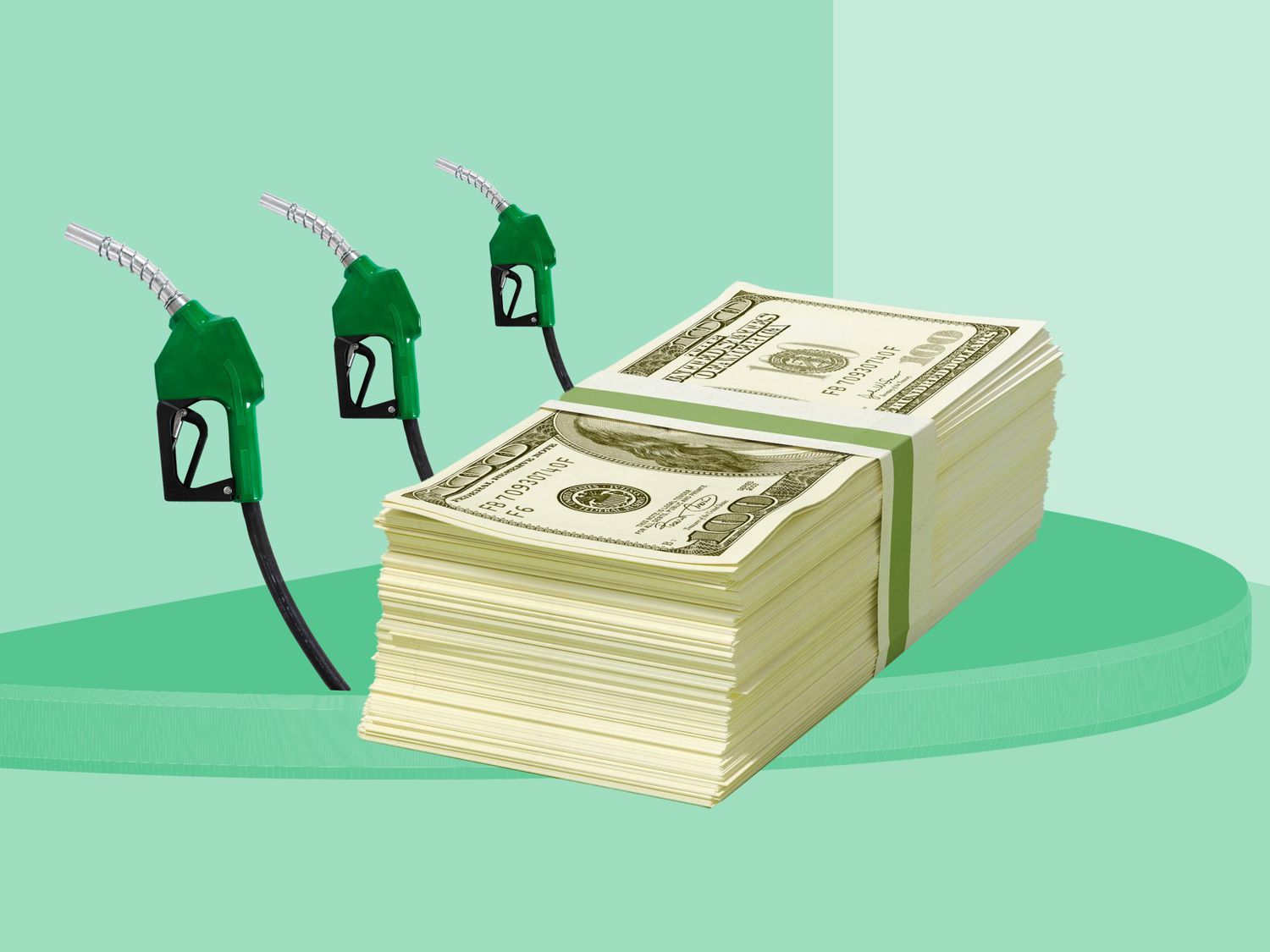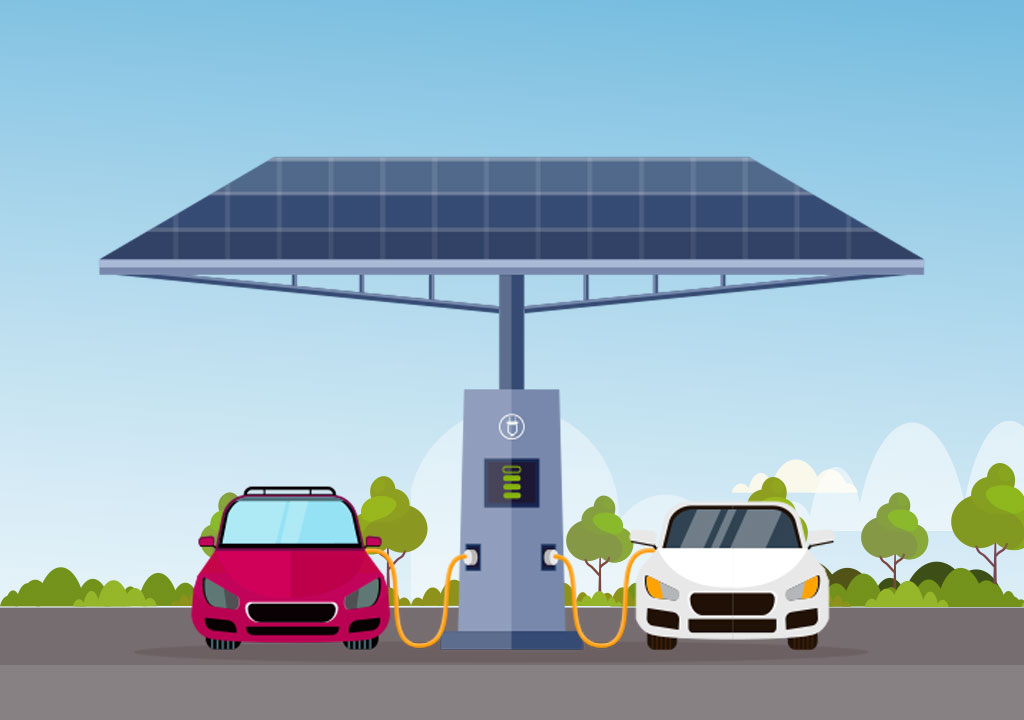In today’s world, where gas prices seem to be in a constant state of fluctuation, finding ways to save money at the pump has become more important than ever. Whether you drive a compact car, a fuel-efficient hybrid, or a gas-guzzling SUV, there are strategies you can employ to maximize your fuel efficiency and keep more money in your wallet. In this article, we’ll explore the science behind fuel efficiency and provide you with actionable tips to help you save money on fuel costs.
Understanding Fuel Efficiency
Before we dive into the tips and tricks for improving fuel efficiency, it’s essential to understand the science behind it. Fuel efficiency is a measure of how effectively your vehicle converts fuel (gasoline or diesel) into forward motion. This efficiency is expressed in miles per gallon (MPG) in the United States or liters per 100 kilometers (L/100km) in many other parts of the world.
Several factors influence fuel efficiency, including:
- Vehicle Type and Size:
Smaller, lighter vehicles tend to be more fuel-efficient than larger, heavier ones.
Aerodynamic design can also play a significant role in reducing drag and improving efficiency.
- Engine Efficiency:
Modern engines are designed to be more fuel-efficient, but regular maintenance is crucial to keep them running optimally.
Turbocharged and direct-injection engines can provide better fuel economy when driven conservatively.
- Driving Habits:
Aggressive driving, such as rapid acceleration and heavy braking, can significantly reduce fuel efficiency.
Maintaining a steady speed and avoiding sudden stops and starts can help conserve fuel.
- Vehicle Maintenance:
Regularly servicing your vehicle, including oil changes, air filter replacements, and tire maintenance, can improve fuel efficiency.
Underinflated tires can increase rolling resistance, leading to decreased MPG.
- Weight and Cargo:
Carrying unnecessary weight or cargo in your vehicle can reduce fuel efficiency. Remove roof racks and extra items when not in use.
- Proper Tire Inflation:
Keeping your tires properly inflated to the manufacturer’s recommended levels can make a noticeable difference in fuel efficiency.
- Fuel Quality:
Use the recommended octane level for your vehicle, as higher octane fuel does not necessarily mean better performance or fuel economy.
Fuel Efficiency Tips
Now that we have a basic understanding of what affects fuel efficiency, let’s explore some practical tips to help you save money at the pump:
- Maintain Your Vehicle Regularly:
Follow your vehicle’s maintenance schedule for oil changes, air filter replacements, and tune-ups.
A well-maintained engine runs more efficiently and burns less fuel.
- Check Your Tire Pressure:
Invest in a quality tire gauge and check your tire pressure regularly, at least once a month.
Properly inflated tires reduce rolling resistance and can improve fuel efficiency by up to 3%.
- Drive Smoothly and Anticipate Traffic:
Avoid rapid acceleration and heavy braking.
Anticipate traffic conditions to maintain a steady speed, reducing the need for sudden stops and starts.
- Reduce Idle Time:
Turn off your engine if you expect to be parked or idling for more than a minute.
Idling burns fuel without moving your vehicle, resulting in zero miles per gallon.
- Use Cruise Control on the Highway:
On long highway trips, use cruise control to maintain a consistent speed, which can improve fuel efficiency.
- Remove Excess Weight:
Take unnecessary items out of your car, especially heavy items or roof racks that increase aerodynamic drag.
- Consider Alternative Transportation:
For short trips, consider walking, biking, or carpooling.
Public transportation or car-sharing services can be more fuel-efficient options for some journeys.
- Choose the Right Fuel:
Use the recommended octane level for your vehicle. Higher octane fuel is not better unless your engine requires it.
- Plan Your Routes:
Use GPS apps or navigation systems to find the most efficient routes and avoid traffic congestion.
- Embrace Eco-Driving Techniques:
- Learn about eco-driving techniques, such as gentle acceleration and coasting to save fuel.
By incorporating these fuel-efficient practices into your daily driving routine, you can make a substantial difference in your fuel economy and, consequently, your wallet. Remember that small changes can add up to significant savings over time.
Conclusion
Fuel efficiency isn’t just about saving money; it’s also about reducing your carbon footprint and helping the environment. By following the science of fuel efficiency and adopting eco-friendly driving habits, you can contribute to a greener future while keeping more money in your pocket. So, start implementing these tips today and watch your fuel expenses decrease as you enjoy a smoother and more efficient ride. Your wallet and the planet will thank you!





